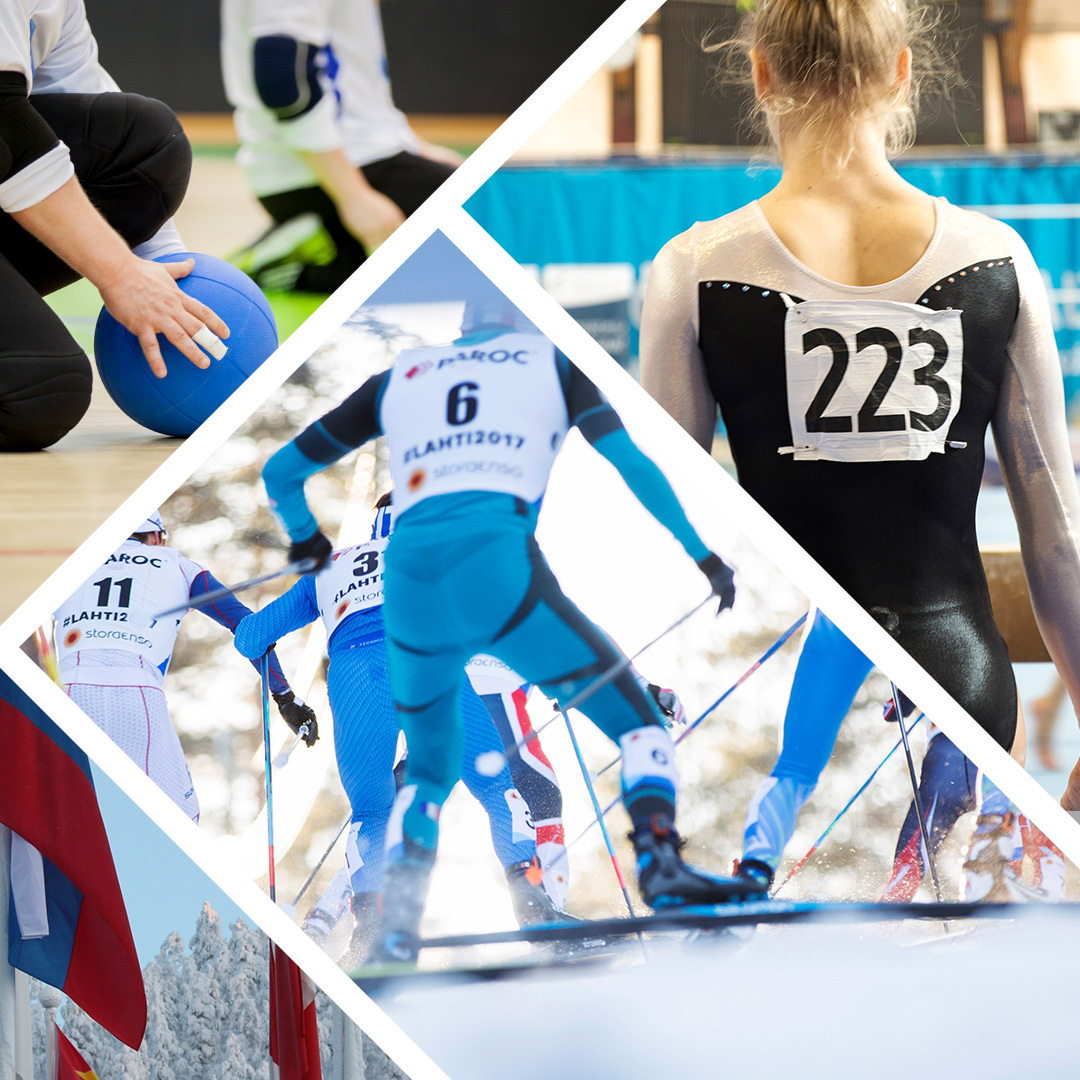In modern anti-doping activities, investigative methods are an integral part of doping control proceedings. This is highlighted by both the Finnish and World Anti-Doping Codes as well as in the International Standard for Testing and Investigations. The purpose of investigation is to gather evidence both of an anti-doping rule violation as well as any facts that may indicate that a violation has not taken place.
FINCIS must thoroughly examine all anti-doping rule violations within its jurisdiction, investigate whether any athlete support personnel or other persons have been involved in an anti-doping rule violation and ensure the enforcement of appropriate consequences. FINCIS has a special obligation to investigate cases in which a minor athlete is suspected of an anti-doping rule violation and cases where more than one member of the support personnel of an athlete have committed an anti-doping rule violation.
Investigative methods are particularly important in cases where avoiding a doping test or a refusal to be tested or to participate in sample collection are suspected. Additional violations in which investigative methods are applied include whereabouts failures, tampering or attempted tampering with any part of doping control, possession of a prohibited substance of a prohibited method, trafficking or attempted trafficking in any prohibited substance or prohibited method, complicity and prohibited association. The methods are also used whenever necessary in processing lead information and acquiring undeniable evidence, such as court documents.
Interviews in cases of suspected anti-doping rule violations
In certain cases, FINCIS will interview the person suspected of committing an anti-doping rule violation and their support personnel. The purpose of these interviews is to study the conditions that lead to the violation, and the person suspected of committing an anti-doping rule violation has the opportunity to provide further details to their written report. All the details and circumstances of the case are reviewed thoroughly in order to avoid any surprises later on in processing the case that might require additional investigation and delay the process.
All interviews are primarily performed in person, but they can also be arranged by phone or email correspondence. Personal interviews are recorded and all interviews are provided to the interviewees to be checked before they are accepted. Interviewees have the right to have an assistant or support person present and, in case of a person who speaks a foreign language, an interpreter is also present in the interview.
Intelligence in anti-doping activities
According to the Anti-Doping Code, FINCIS may collect, store, process or disclose personal information relating to athletes and other persons where necessary and appropriate for the purpose of investigating anti-doping rule violations. Gathering, analysing and processing intelligence helps in discovering anti-doping rule violations and performing information-based testing planning and target tests.
No data on athletes or their support persons is collected or stored randomly, however. Information is only collected on the basis of a suspected anti-doping rule violation or other reasonable grounds.
Anyone can provide lead information on doping, manipulation of sports competitions and spectator safety violations through the ILMO service. FINCIS set up the service at the beginning of 2018 and, in 2019, the service was expanded to include ethical violations in sports.
The majority of reports of suspected anti-doping rule violations are provided without authentication, which is why these reports must be critically evaluated in terms of the reliability of the informant and the accuracy of the information provided. Any new information is compared with previous information and its applicability is evaluated, if necessary, with the FINCIS testing team, for example, after which decisions of any required further actions are made. In practice, a single anonymous lead does not provide adequate grounds to perform any actions. However, if there are other pieces of information that support the lead, for example, any previous leads that refer to the same matter or person in the Athlete Biological Passport system, the appropriate action to be taken can be a target doping test, for example.
Additional sources of information include, for example, public documents published by authorities. FINCIS reviews the doping offence judgments issued in the courts of Finland at least once a year and compares this information with the records of competitive sports under doping control proceedings as athletes or their support personnel are not allowed to possess any prohibited substance or method that are also prohibited out of competitions.
Intelligence and leads can be disclosed to third parties, primarily to the police and customs authorities and any party that requires the information in order to perform their tasks in cases that are directly related to anti-doping proceedings or have legal grounds for this. Any disclosure of the information is recorded and stored on an encrypted storage platform.
International cooperation
The Intelligence and Investigations network of the World Anti-Doping Agency WADA has been active since 2016. The network allows for confidential exchange of information related to anti-doping rule violations as well as other cooperation between the investigative parties of different countries as most members of the network have extensive experience of intelligence and investigation activities in law enforcement authorities. FINCIS has been a member of the network since 2017.



